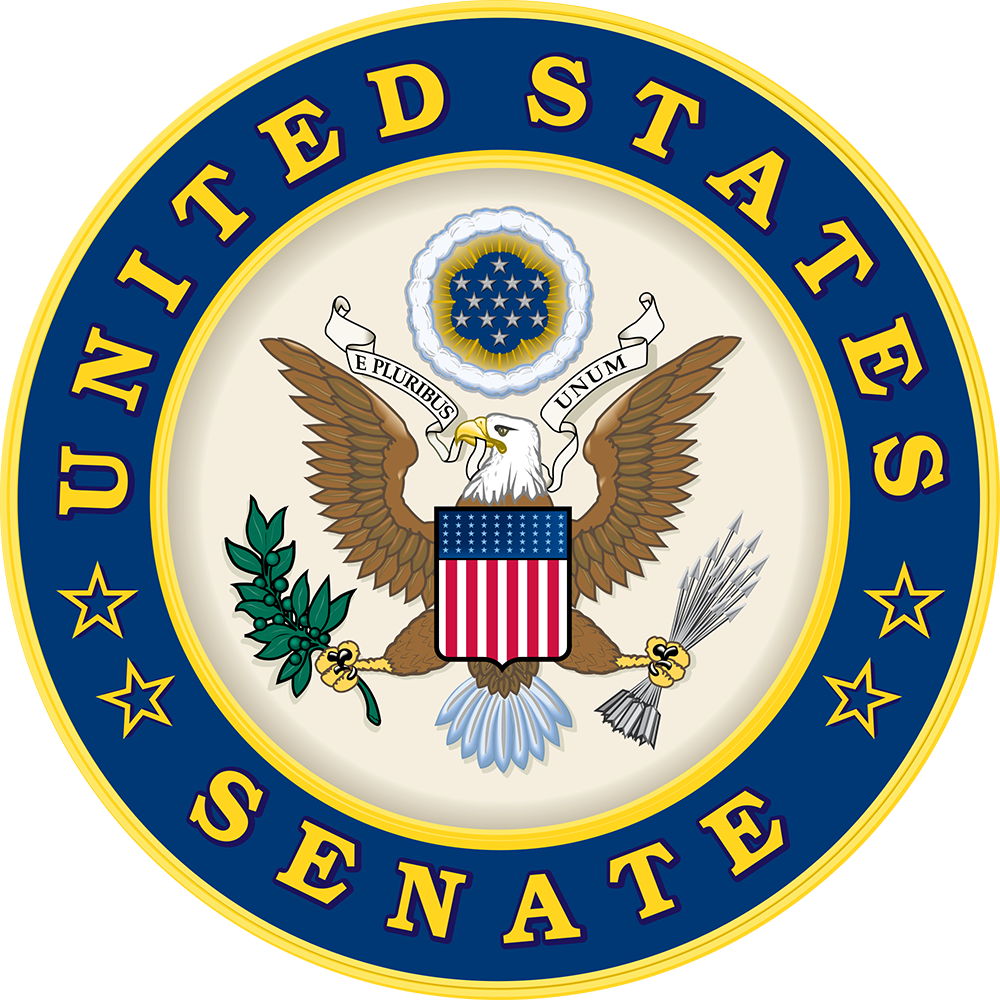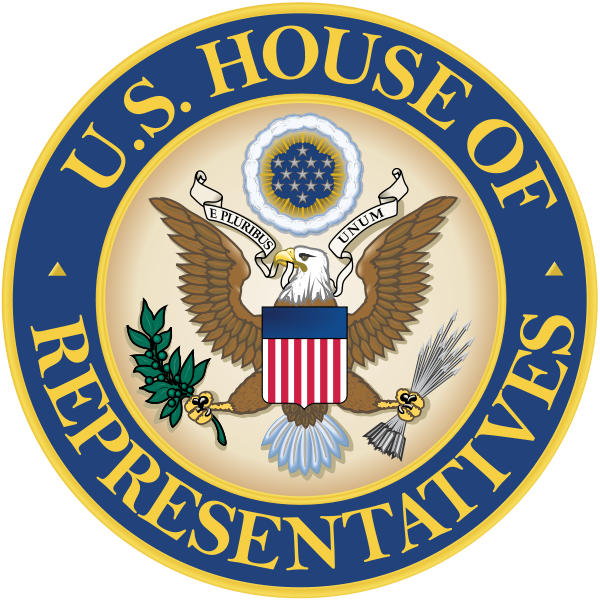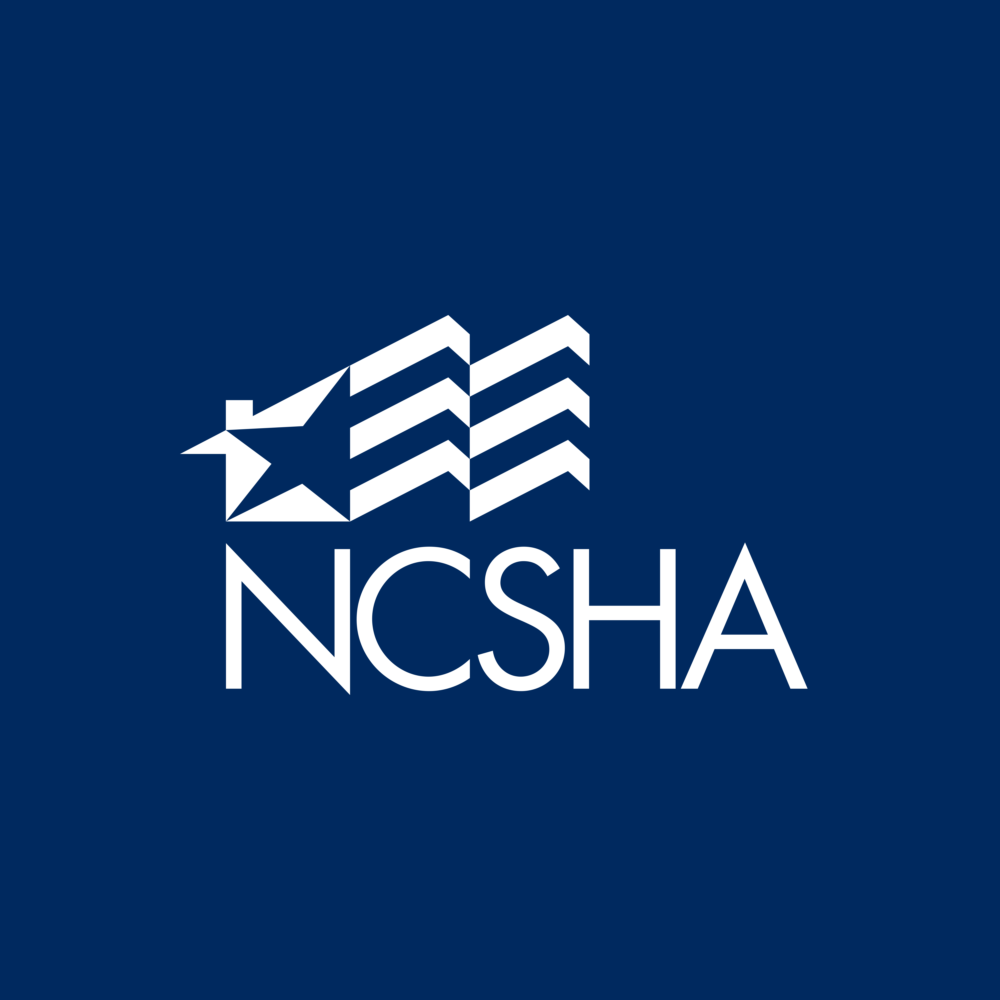Newsroom
HUD Delays Compliance Date for NSPIRE Protocols for Community Planning and Development Programs
The Department of Housing and Urban Development has announced it is delaying until October 1, 2024, the compliance date for its National Standards for the Physical Inspection of Real Estate (NSPIRE) final rule as it applies to Community Planning and Development (CPD) programs. The NSPIRE final rule, published May 11, 2023, initially required compliance for CPD programs to begin October 1, 2023. Programs covered by the delay notice include the HOME Investment Partnerships, Housing Trust Fund, Housing Opportunities for Persons with AIDS, Emergency Solution Grants, and Continuum of Care programs.
GAO Releases Report on Housing Trust Fund
On August 8, the U.S. Government Accountability Office released a report entitled “Affordable Housing: Improvements Needed in HUD’s Oversight of the Housing Trust Fund Program.” The report identified several deficiencies in the U.S. Department of Housing and Urban Development’s management of the Housing Trust Fund (HTF) program and included five recommendations to improve HTF oversight.
HUD Publishes Data on 2021 Housing Credit Tenant Characteristics
This week, the U.S. Department of Housing and Urban Development's Office of Policy Development and Research published demographic data on tenants living in Housing Credit properties in 2021. This data, collected annually from state Housing Credit allocating agencies as required by the Housing and Economic Recovery Act of 2008, includes state-by-state details on tenant race, ethnicity, family composition, age, income, use of rental assistance, disability status, and monthly rent burden.
Administration Announces New, Highlights Recent Actions to Increase Housing Supply, Protect Tenants
On July 27, the Biden – Harris Administration released two fact sheets on steps it is taking to boost the supply of affordable housing and support renter protections. These announcements, which build on the administration’s May 2022 Housing Supply Action Plan, focus on reducing barriers to building housing, such as restrictive land-use and zoning rules; expanding financing for affordable, energy efficient, and resilient housing; and promoting commercial-to-residential conversion, particularly for affordable and zero emissions housing.
Senate Appropriations Subcommittee Advances FY24 HUD Funding Bill
By a vote of 29-0 on Thursday, July 20, the Senate Appropriations Committee reported favorably Fiscal Year (FY) 2024 Transportation and Housing, and Urban Development (THUD) funding legislation that...
House Appropriations Subcommittee Considers FY24 HUD Funding Bill
The House Transportation, Housing, and Urban Development Appropriations Subcommittee considered Fiscal Year 2024 funding legislation on Wednesday, July 12, that would make drastic cuts to a number of Department of Housing and Urban Development programs, including a $1 billion cut to the HOME Investment Partnerships program, a two-thirds reduction from the FY23 enacted level.
Kelly, Higgins Introduce House Version of Neighborhood Homes Investment Act
Congressmen Mike Kelly (R-PA) and Brian Higgins (D-NY) today introduced the Neighborhood Homes Investment Act (H.R. 3940). The legislation, one of NCSHA’s top priorities, seeks to increase the supply of affordable for-sale housing through a new tax credit. Senators Ben Cardin (D-MD) and Todd Young (R-IN) introduced similar legislation (S. 657) in March.
Senators Cortez Masto, Cassidy Introduce Bipartisan Legislation to Strengthen MRBs, MCCs
On June 6, 2023, Senators Catherine Cortez Masto (D-NV) and Bill Cassidy (R-LA) introduced the Affordable Housing Bond Enhancement Act. This legislation, which NCSHA has worked on closely with the senators’ offices, will expand the HFAs’ ability to provide affordable homeownership and rental housing and use tax-exempt bond authority more efficiently by strengthening the Mortgage Revenue Bond and Mortgage Credit Certificate programs.
Housing Credit Legislation Introduced Today with Wide Bipartisan Support
Today, Housing Credit champions in both chambers of Congress reintroduced the Affordable Housing Credit Improvement Act (AHCIA), comprehensive legislation that would expand and strengthen the Low-Income Housing Tax Credit (Housing Credit). The lead sponsors of the bill are Senators Maria Cantwell (D-WA), Todd Young (R-IN), Ron Wyden (D-OR), and Marsha Blackburn (R-TN) and House of Representatives members Darin LaHood (R-IL), Suzan DelBene (D-WA), Brad Wenstrup (R-OH), Don Beyer (D-VA), Claudia Tenney (R-NY), and Jimmy Panetta (D-CA).
HUD Announces 2023 Housing Trust Fund Allocations to States
Today, HUD allocated $382 million to states from the national Housing Trust Fund (HTF), which provides a source of capital funding to increase and preserve the supply of housing for people with the lowest incomes, including those experiencing homelessness. Funding for HTF comes from a modest contribution of new business income from the Government Sponsored Enterprises (GSEs), Fannie Mae and Freddie Mac, rather than federal appropriations.
NCSHA Submits Comments to HUD on Affirmatively Furthering Fair Housing
In its submitted comments, NCSHA applauds HUD for repealing the 2020 Preserving Community and Neighborhood Choice rule, which we believe would not have resulted in meaningful planning and strategies to meet the statutory obligation to affirmatively further fair housing, and for seeking to streamline and improve the 2015 Affirmatively Furthering Fair Housing rule rather than reinstating it without critical examination and revisions to reduce its substantial burden on HUD program participants. In general, NCSHA believes HUD has taken substantial steps towards improving the process for fair housing planning. However, NCSHA also believes HUD can and should do more to further streamline aspects of the rule, clarify program participants’ responsibility, and reduce duplication of efforts and better coordinate planning when different HUD program participants serve the same geographic areas.
EPA Releases Implementation Framework for Greenhouse Gas Reduction Fund
On April 19, the Environmental Protection Agency released a detailed implementation framework for its new Greenhouse Gas Reduction Fund (GGRF), authorized by the Inflation Reduction Act (IRA), which will invest $27 billion to finance projects that reduce greenhouse gas emissions and air pollution. The implementation framework provides detailed descriptions of program design, grant requirements, and application evaluation factors in advance of the publication of formal Notices of Funding Opportunities for the various GGRF components, anticipated as early as June. EPA is soliciting written comments on the GGRF implementation framework, and interested parties may send written feedback by May 12.








